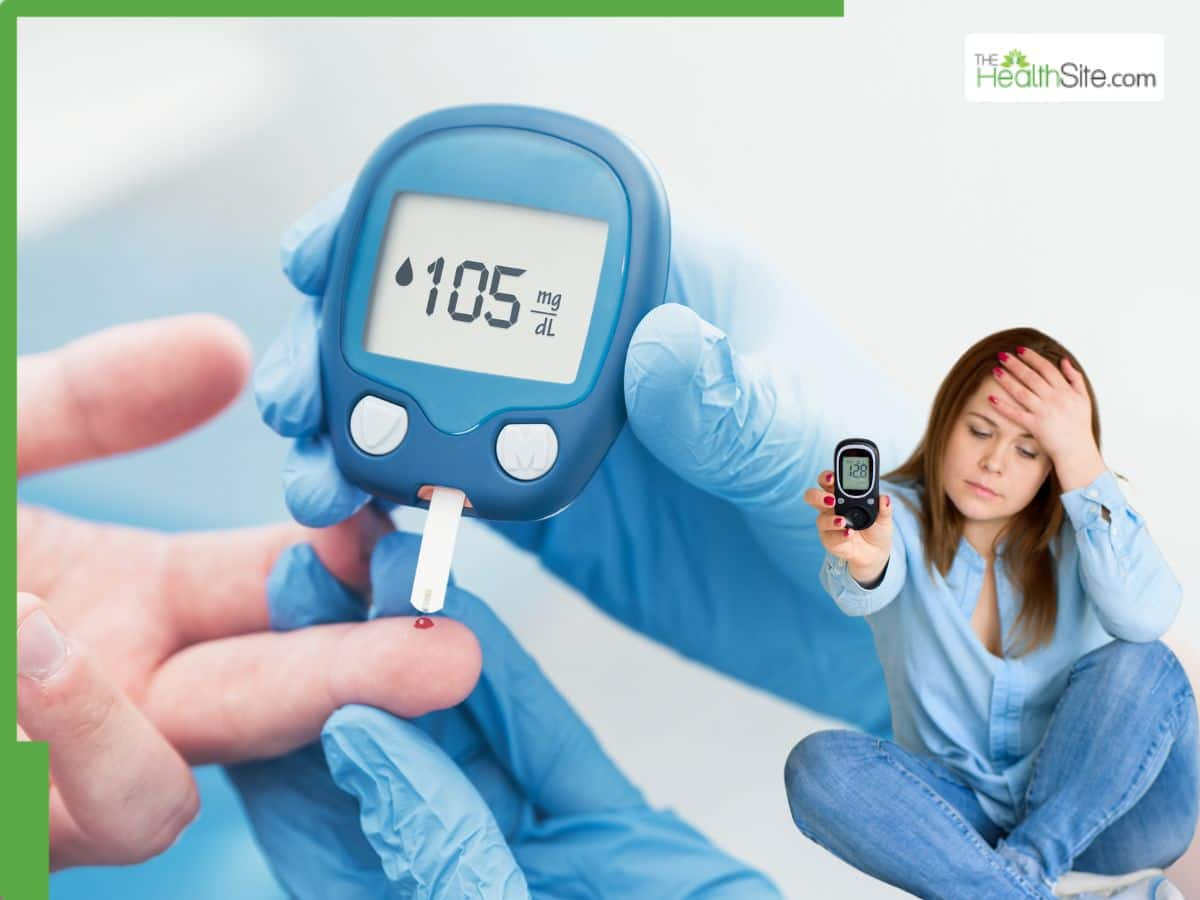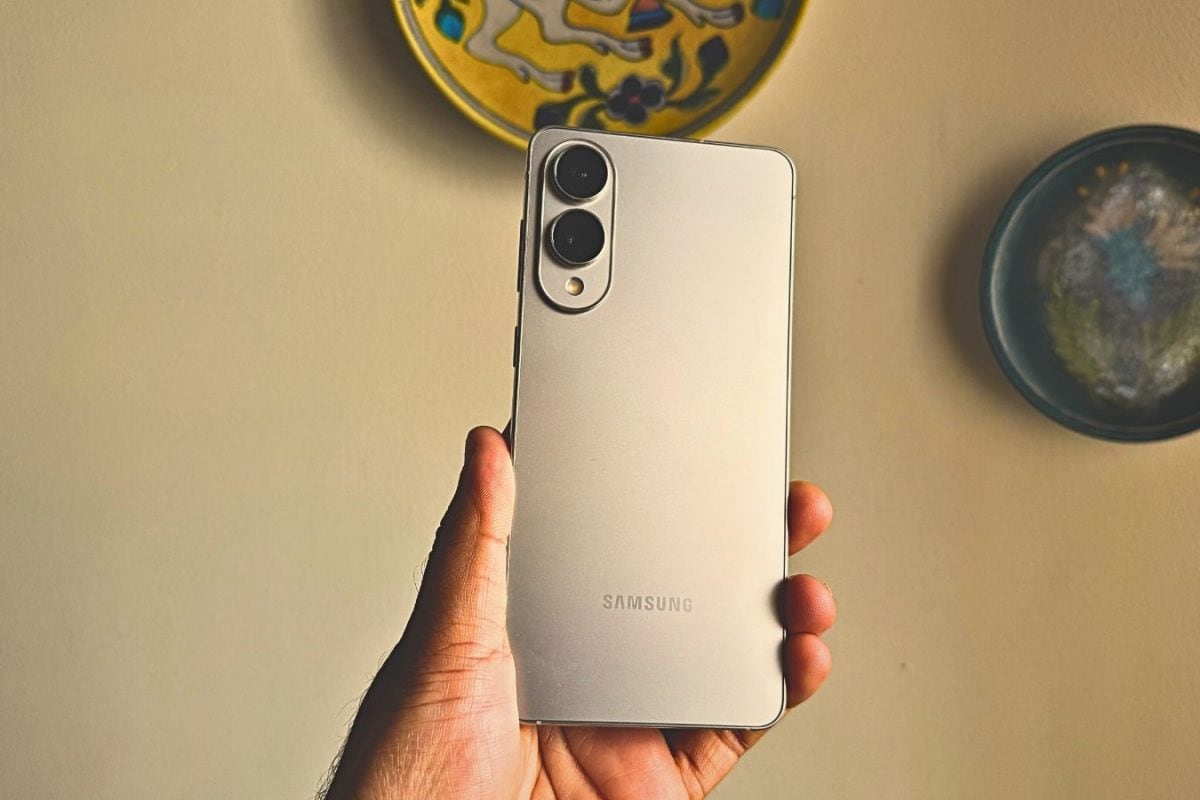8 Everyday Habits That Silently Spike Your Blood Sugar – How to Naturally Control Diabetes And Maintain Insulin Levels
Are your daily habits silently raising your blood sugar? Read on to know the top 8 silent triggers and learn how to control insulin levels naturally for better health.

Maintaining healthy blood sugar levels is essential for overall well-being, especially in today’s fast-paced lifestyle where hidden habits can silently wreak havoc on your health. Surprisingly, many everyday routines — from what you eat to how you sleep — can cause unexpected spikes in your blood sugar, putting extra pressure on your body’s ability to produce and regulate insulin. Over time, these silent triggers can increase the risk of insulin resistance, type 2 diabetes, weight gain, and other metabolic disorders.
What Causes a Blood Sugar Spike?
There are many lifestyle habits that can silently contribute to poor blood sugar levels – one of them is what you are eating and drinking. Yes, your eating patterns and habits can cause problems to your blood sugar levels. But is that? Not really! As mentioned there is a wide variety of harmful effects that a poorly regulated and managed lifestyle habits can have on the body, especially on your blood sugar levels. In this article, we will discuss the top 8 such contributors that are silently causing a blood sugar spike in your blood.
8 Habits That Can Silently Spike Your Blood Sugar Levels
Here are the top 8 everyday habits that contribute to your sugar intake in daily life and secretly spike your blood sugar level: –
1. Skipping Breakfast
Breakfast is considered to be the most important meal for the day. If you skip breakfast, your body might react by producing stress hormones like cortisol, which can cause your blood sugar levels to rise. Missing breakfast can lead to overeating later, causing spikes in your glucose levels.
2. Drinking Sugary Beverages
Cravings for Sodas, sweetened coffees, energy drinks, and even fruit juices contain high levels of sugar that are rapidly absorbed into the bloodstream. This causes quick spikes in blood sugar, followed by crashes that create hunger and fatigue.
3. Not Getting Enough Amount of Sleep
Lack of sleep or poor sleep quality disrupts the body’s insulin level, which can lead to increased blood sugar levels the following day. Chronic lack of sleep has been associated with an increase in risk for type 2 diabetes.
4. Eating refined Carbohydrates
White bread, pastries, pasta, and all other refined grains are lacking in fibrous content and easily digested. This causes blood sugar to spike rapidly, resulting in cravings for more food. All these machine made products are harmful for normal functioning of body.
5. Overeating or Binge Eating
Eating large meals especially loaded with high amount of carbs can eventually stress the body’s ability to control blood sugar production. Your body’s blood sugar levels will spike and your pancreas won’t be able to function effectively.
6. Sedentary Lifestyle
Nowadays, most of the tasks are shifted towards desk and mainly physical activity of individuals is reduced that results the body to lose it insulin sensitivity. Therefore, body remains inactive and muscle will not absorb glucose to regulate the blood sugar.
7. Not Drinking Much
In order to keep blood glucose levels stable, staying hydrated is the main task, and many individuals ignore this. Not drinking enough fluid also affect the kidneys that are responsible for filtering the glucose from the urine. Thus, increasing the sugar level in the blood. Whereas, drinking adequate water helps to detoxification of the body and maintain healthy glucose level.
8. Stress and Anxiety
Chronic stress releases cortisol and adrenaline, hormones that increase blood sugar to give you energy in a “fight or flight” responses or for doing more activities. Over time, this can contribute to insulin resistance.
Awareness is the first step, for preventing entire body from diseases, by choosing healthy food habits, staying active, managing stress you can take control of your blood sugar level from striking.
What's Your Reaction?



































































